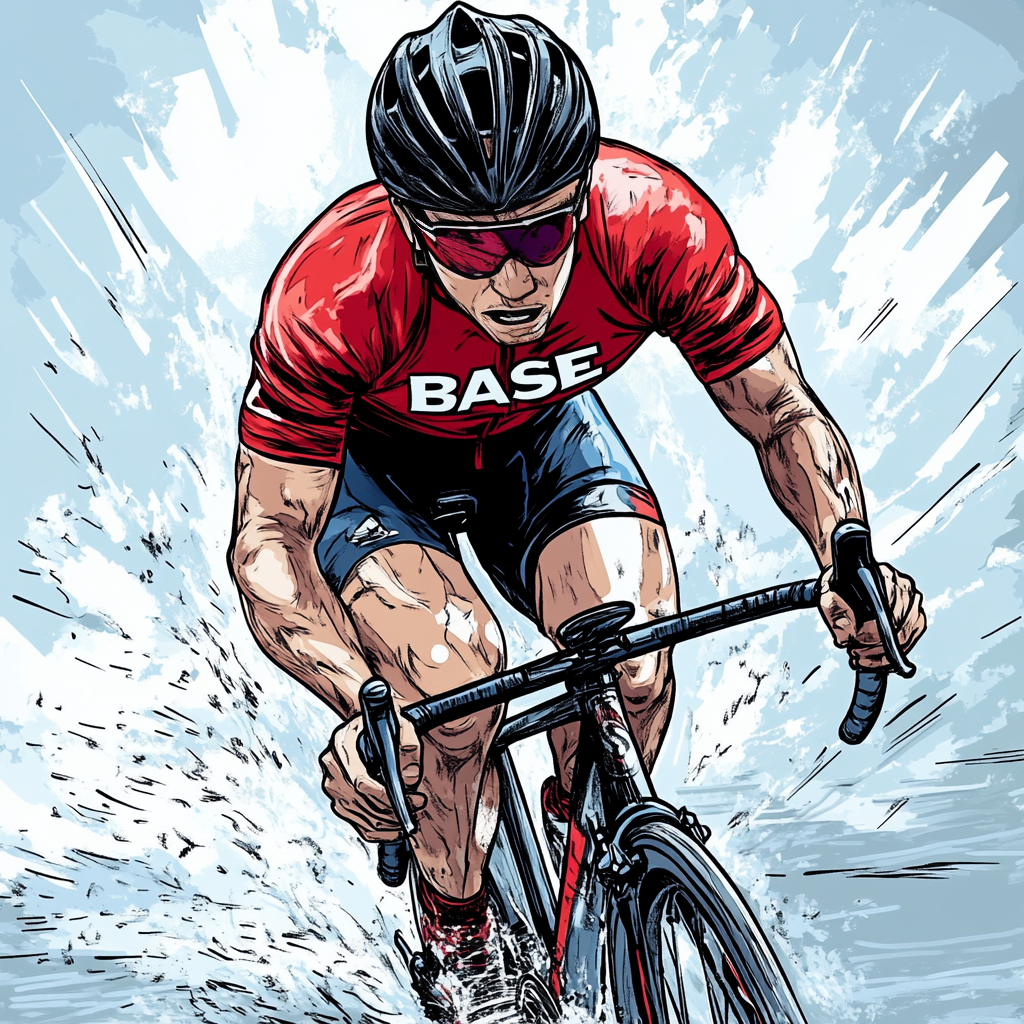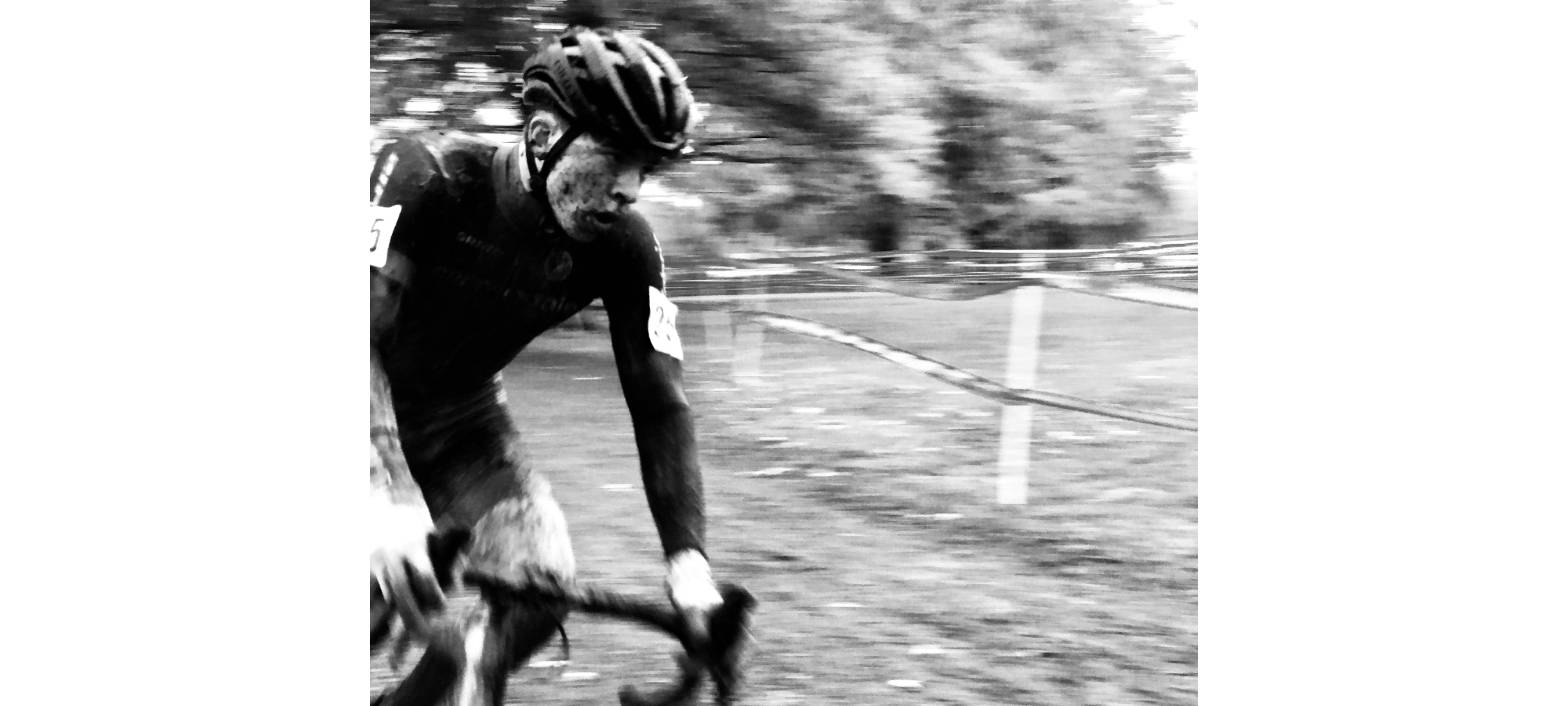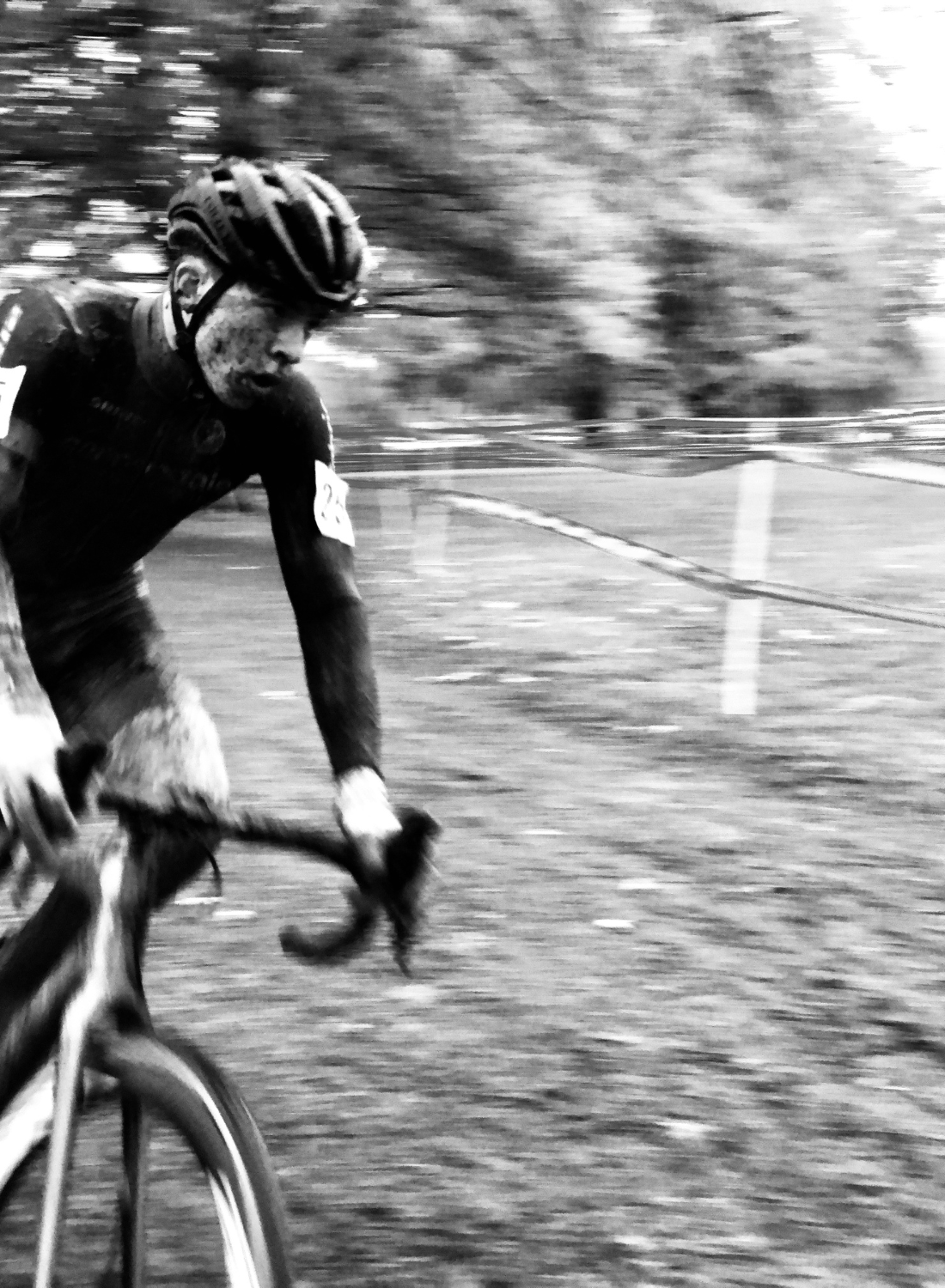Dealing With Race Disappointment by Lesley Smith

Every person who lines up for a race has had goals in mind throughout the journey to that start line. Whether you are Jan Frodeno and want to win Kona, or you want to check completing a triathlon race off the bucket list, these goals keep you driven you along the way.
Though, there are a multitude of variables in the sport, and sometimes things go wrong. There will be times when goals are not met, and you are left with an overwhelming feeling of disappointment after the race is over.
Following are three rules-of-thumb that have helped me get over the hurdle of disappointment when it comes to triathlon racing.

1) Analyze the experience objectively.
When you have put significant time and effort into an endeavor and it goes poorly, it is only human to combat an array of negative emotions. We all know it is is better to feel and process emotions versus fighting to block them out.
Though, once you are ready to let go of feeling this way, write down of what you could have done better in an honest manner. In other words, what controllable factors would an outside, objective observer say you could work on for future races? Nutrition, pacing, equipment prep and apparel choice are common examples of such factors.
Even if Murphy’s Law swooped in and you were sidelined by something TOTALLY out of your control - say, a mid-race cancellation due to inclement weather - you most likely still have some productive post race thoughts to keep in mind for the future.

2) Look ahead.
Make future race plans with an aim to improve upon the controllable factors that affected race day. If you are not quite ready to pull the trigger on a triathlon, even committing to a short road race or local supported group ride can help get you back to a positive frame of mind when it comes to being active.
Remember that the preparation for the past race was not in vain, as the physical benefits will contribute to future training and racing. Even if you take a break from the sport all together, when you return to regular training your neuromuscular system will retain patterns of muscle activity which you have done regularly over an extended period of time. The longer you have been training consistently, the easier it will be to start up when you have had time off. Cue the commonly known term: “muscle memory”.

3) Remember the positives from the overall journey.
Triathlon is rarely a black or white sort of thing. Ask yourself: what did I gain from the training and preparation for this race?
Maybe you were more conscious of what you were putting in your body so that you would feel good during your workouts. Maybe you upped your work ethic, commitment and time management skills to a new level in order to get those long rides and runs in. Maybe you fine tuned your focus and mental toughness like never before to get through monotonous swim intervals. Maybe you are now able to apply ALL of these qualities to other areas of your life. Choose to focus on these aspects both when looking back on the experience and as you move forward.
Happy racing!

























Leave a comment